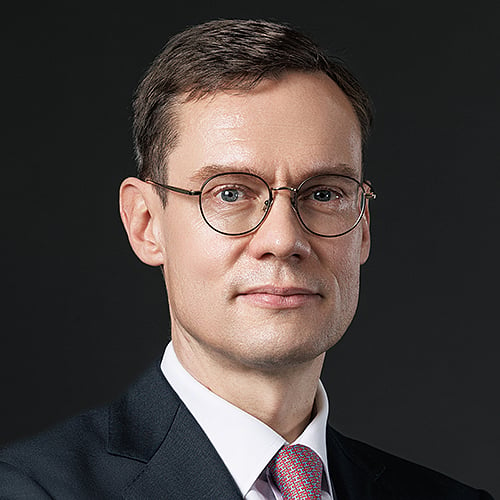With bank deposit rates and fixed-income yields at their highest levels in many years, investors are practically getting paid while waiting for a global economic recession that is feared to kick in in the second half of 2023.
The anxiety over a worldwide slump springs from the quantitative tightening programmes of the US Federal Reserve and the European Central Bank, which aim to reduce liquidity in the financial markets and curb persistent inflation.
Although the stock market has rallied in recent weeks, the rally does not indicate positive sentiment on the prospects of the global economy.
“If you look at the S&P 500 and even the Russell 2000, as of the end of May, both indices are still in the red while S&P 500 is approaching double digits in terms of growth, but there’s no breadth in the rally,” says Clarence Chan, head of client solutions, Asia-Pacific ex-Japan, at BNY Mellon Investment Management, during a briefing on the bank’s market outlook for H2 2023.
“It is very narrow rally led by the top seven names of the S&P 500, which are also the top seven names of the Nasdaq, which account for 100% of the rally. If you strip out these top seven names, the stock market is flat,” Chan observes.
“For fixed income, it’s very different from two years ago when it was delivering negative returns. Right now, in the US treasury, we have close to 4% yield. On the various European bonds, we see about 3-4%. There is yield up there at this point in time so I’d like to think that investors are technically being paid income for the anticipated slowdown or recession in the market,” he stresses.
Investor sentiment is also aligned with these market developments as fund flows to bank deposits and fixed-income investments manifested themselves in H1 2023.
Dominic Wong, head of intermediary, Greater China, at BNY Mellon Investment Management, notes: “Right now, the deposit rates are extremely attractive to investors and depositors so we see a lot of flows into deposits. If you talk about investment, most clients are into investment-grade type of products. In Hong Kong, most of the clients like to invest in regular dividend-paying type of products. Fixed income is still the majority flows. We see some smaller flows to equity but, honestly, the overall proportion is tiny. So it’s pretty aligned with the market’s general expectations.”
“To the question of how long investors have to wait, it boils down to the timing of the recession,” says Aninda Mitra, head of Asia macro and investment strategy at BNY Mellon Investment Management. “I would prefer to view it from a risk-reward standpoint. If there is another leg up in inflation, how much higher could it go?”
Headline inflation peaked last year in most major economies, and has tended to fall steadily since then. But while there is a consensus among economists and investors that inflation will continue to make steady progress back towards the target, BNY Mellon Investment Management is not convinced.
“We attached a weight of 40% to a scenario where central banks pause too soon and, with substantial pandemic savings remaining in the US and in Europe, and real wages no longer falling, household expenditure accelerates, pushing inflation higher,” Mitra says.









